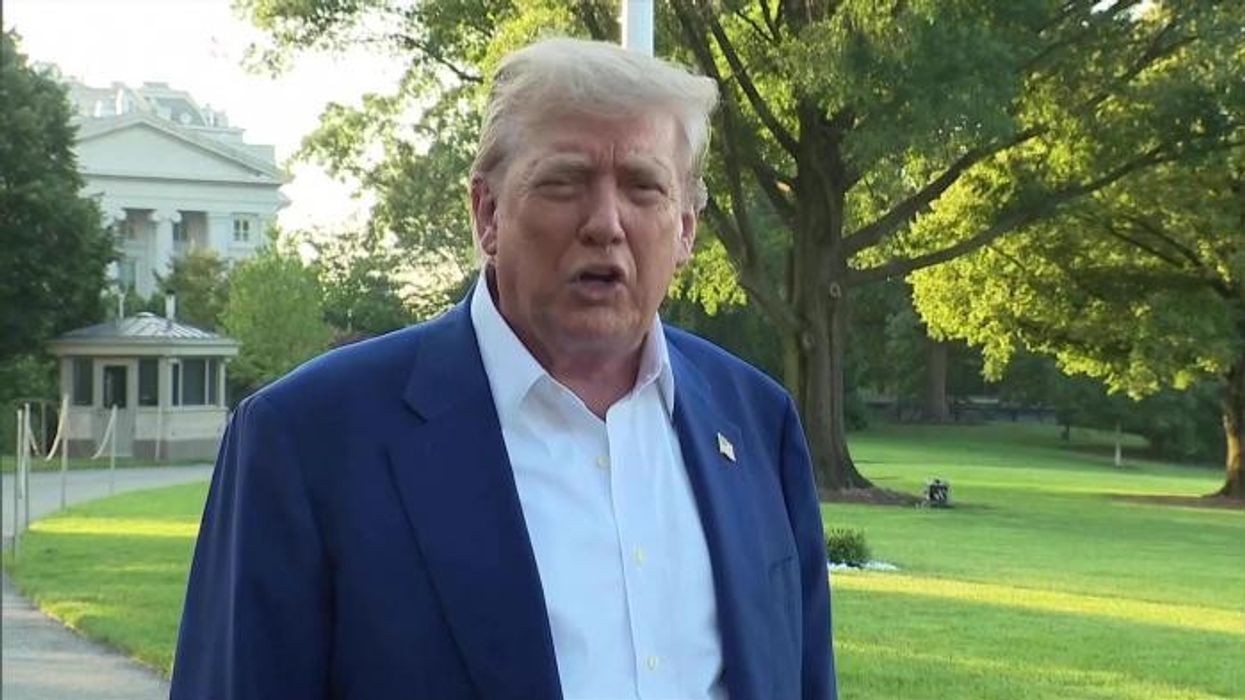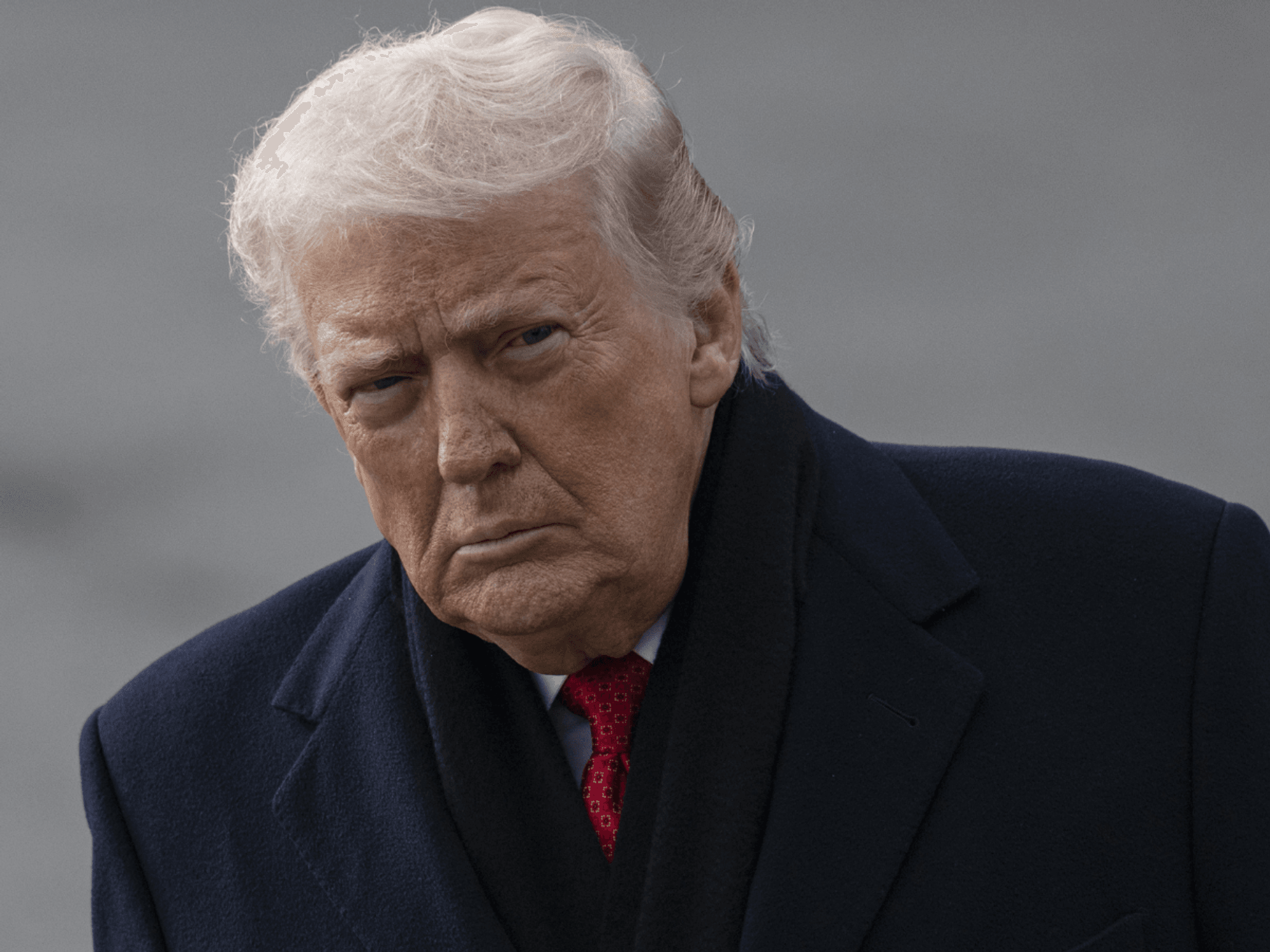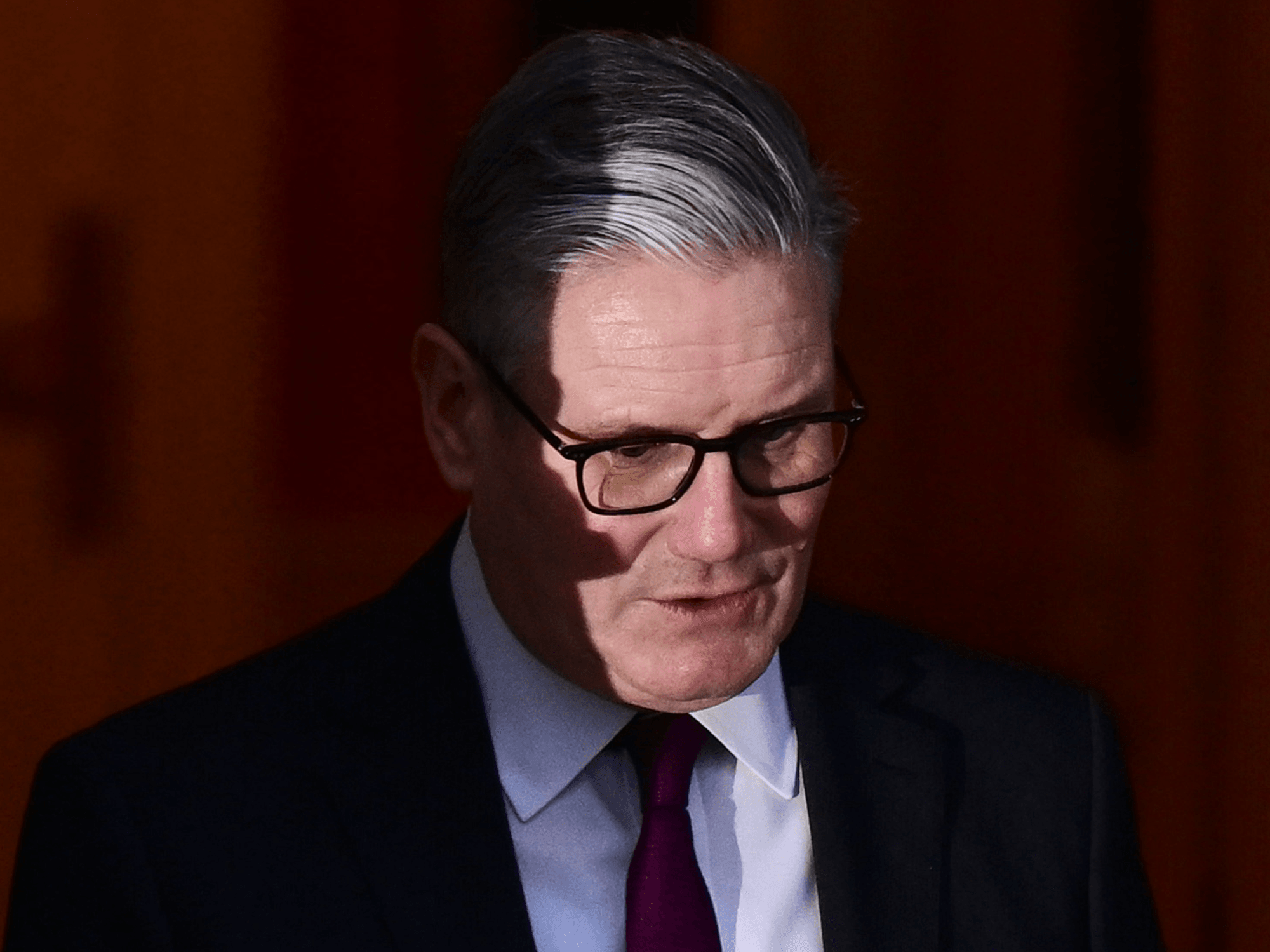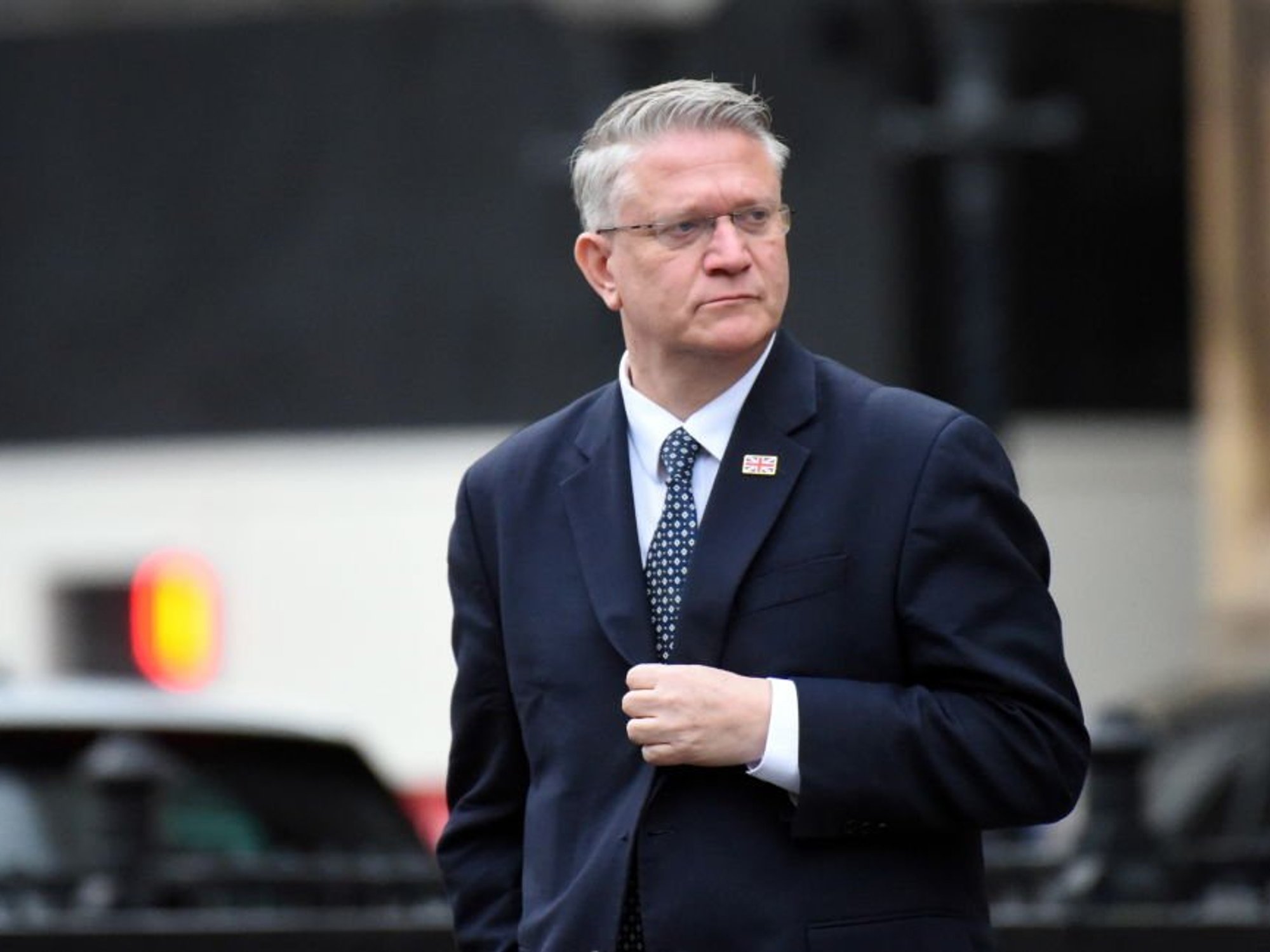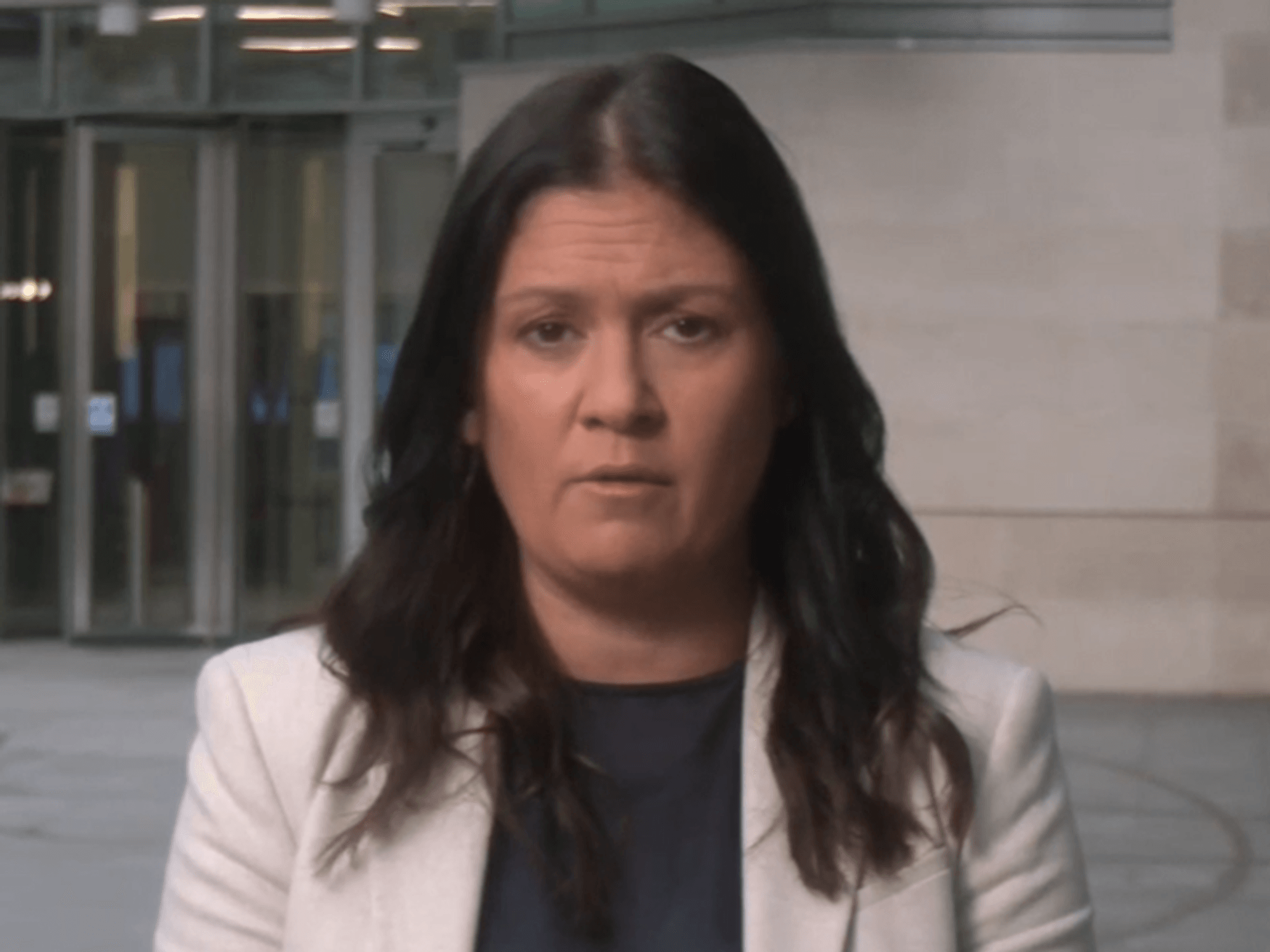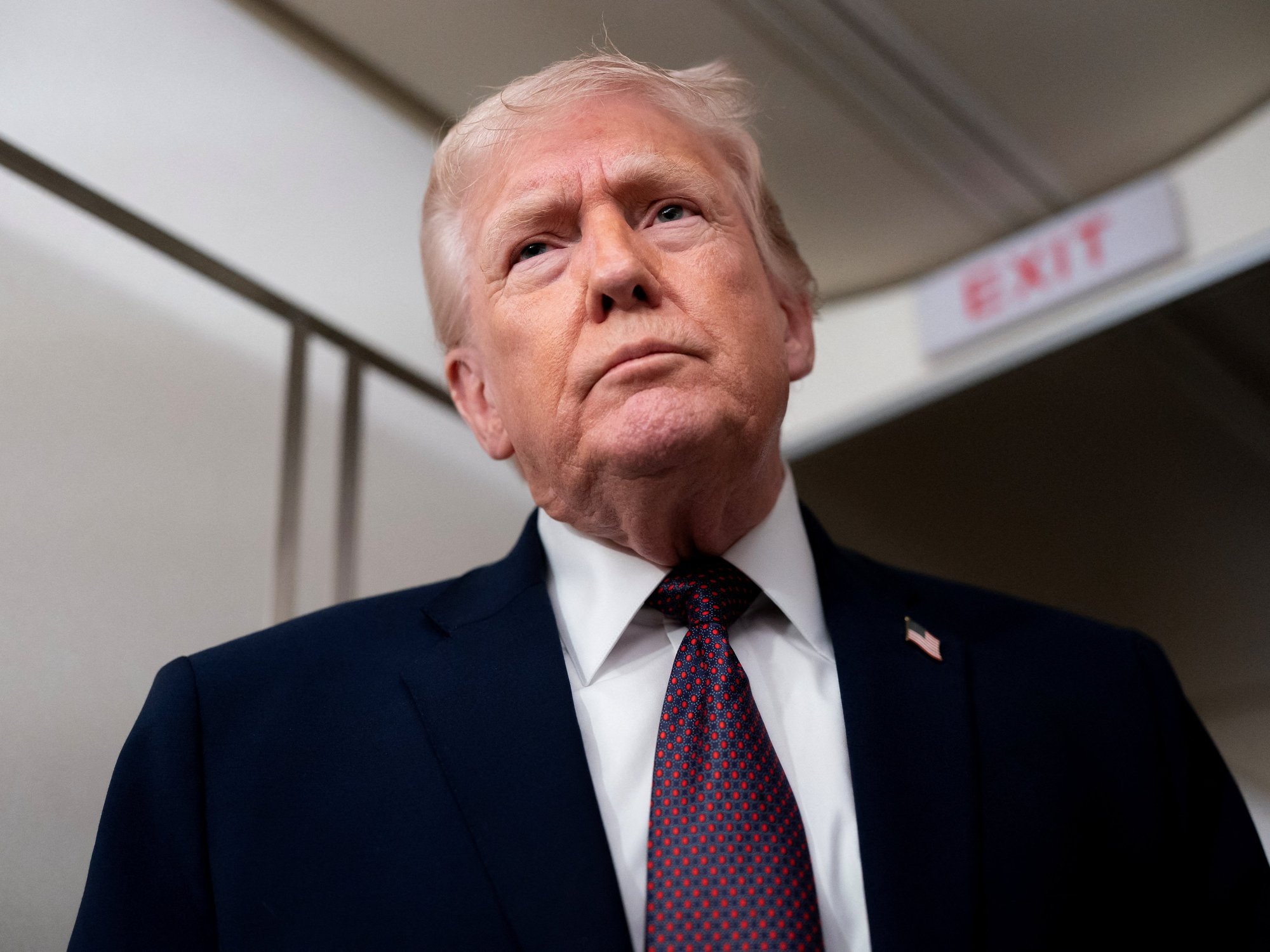Donald Trump threatens to bomb Iran again in fresh warning over rebuilding nuclear sites

The extent of the damage incurred during the strikes is not fully known US intelligence officials believe sites at Natanz and Isfahan might not have suffered knockout blows
Don't Miss
Most Read
Trending on GB News
Donald Trump has threatened to bomb Iran again in a fresh warning over the rebuilding of the country's nuclear sites.
The US President issued the stark warning following what he claims was the complete destruction of three existing sites last month.
The Republican commander in chief took to his Truth Social platform on Saturday to assert that Iran's nuclear facilities at Fordow, Natanz and Isfahan had been "completely and totally obliterated" during Operation Midnight Hammer.
The American military operation, conducted on June 21, saw B-2 bombers drop 14 GBU-57 "bunker buster" bombs weighing 30,000 pounds each on the Iranian nuclear sites.
Trump claimed the strikes had left Iran's nuclear programme in ruins, stating it would take "years" to bring the facilities back into service.
His posts appeared to suggest that any attempt by Iran to rebuild its nuclear infrastructure would result in immediate military action from the United States.
In his Truth Social posts, Trump wrote: "It would take years to bring them back into service and, if Iran wanted to do so, they would be much better off starting anew, in three different locations, prior to those sites being obliterated, should they decide to do so."
The President concluded his message with his characteristic sign-off: "Thank you for your attention to this matter!"
LATEST DEVELOPMENTS: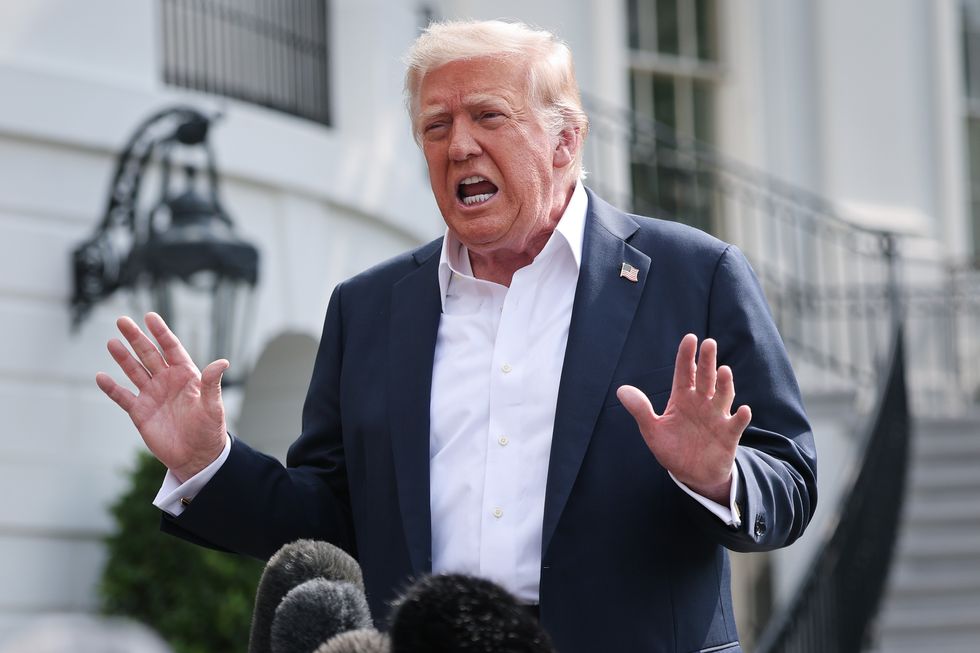
Donald Trump threatened Iran with future strikes
|GETTY
The threats come as Tehran faces mounting pressure over its nuclear programme, with officials in the Islamic Republic considering their response to the strikes and ongoing sanctions.
Operation Midnight Hammer marked a significant escalation in US military action against Iran's nuclear programme.
The strikes targeted three key facilities that had been central to Iran's uranium enrichment efforts.
US military officials claim Iran failed to mount any defensive response during the attacks.
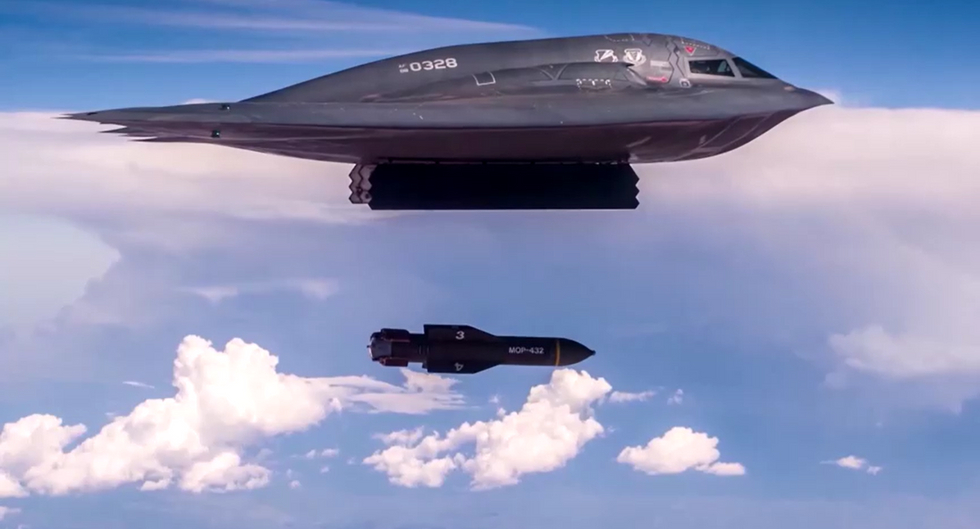 B-2 warplane dropping 'bunker buster' bombs | REUTERS
B-2 warplane dropping 'bunker buster' bombs | REUTERSPentagon spokesman Sean Parnell dismissed media reports questioning the strikes' effectiveness, stating: "The credibility of the Fake News Media is similar to that of the current state of the Iranian nuclear facilities: destroyed, in the dirt, and will take years to recover."
However, intelligence assessments have cast doubt on the extent of damage inflicted during the strikes.
US intelligence officials briefed NBC News that whilst the underground facility at Fordow may have been completely destroyed, the sites at Natanz and Isfahan might not have suffered knockout blows.
Questions have also emerged about whether Iran had sufficient warning to protect critical assets.
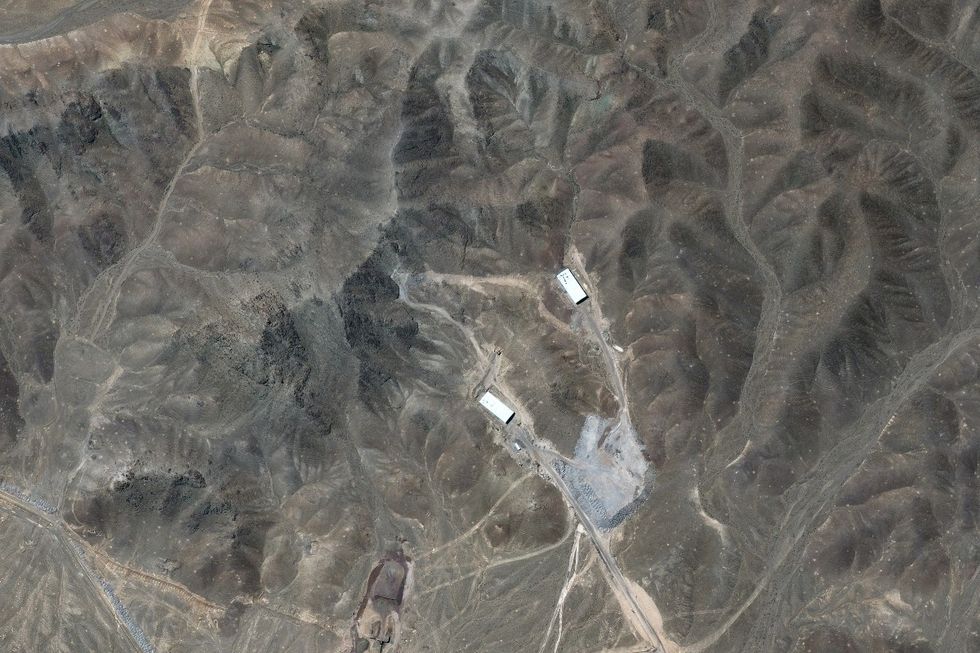
Satellite image of the facility at Fordow prior to major construction and burial of key infrastructure
|GETTY
Sixteen lorries were observed queuing outside Fordow before the attacks, raising concerns about the potential movement of highly enriched uranium.
One possible destination identified was Pickaxe mountain, Kūh-e Kolang Gaz Lā, located 90 miles south of Fordow and close to Natanz in central Isfahan province.
Iran's response to the strikes remains uncertain, with officials considering various options, including potential withdrawal from international agreements.
Ebrahim Rezaei, official representative of the National Security and Foreign Policy Committee of the Iranian parliament, stated that Tehran may withdraw from the Treaty on the Non-Proliferation of Nuclear Weapons and begin enriching uranium above 60 per cent if sanctions pressure continues.
The International Atomic Energy Agency has expressed concerns about Iranian activities at undisclosed locations.
Rafael Grossi, the agency's director general, said Iranian officials refused to answer questions about activities at a fortified underground facility.
"Since it is obvious it is in a place where numerous and important activities related to the programme are taking place, we're asking them, 'What is this for?' And they are telling us, 'It's none of your business,'" Grossi said.


